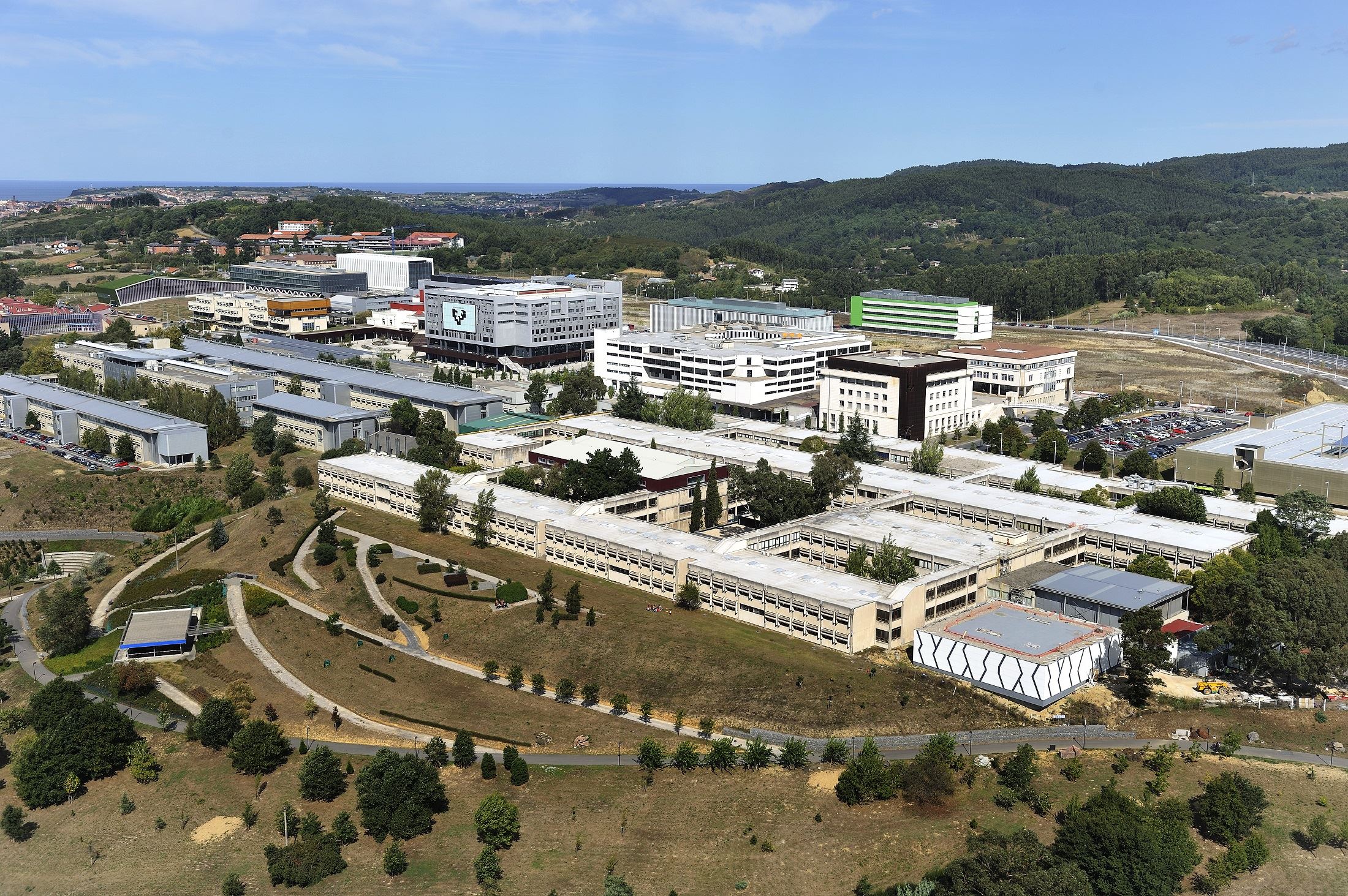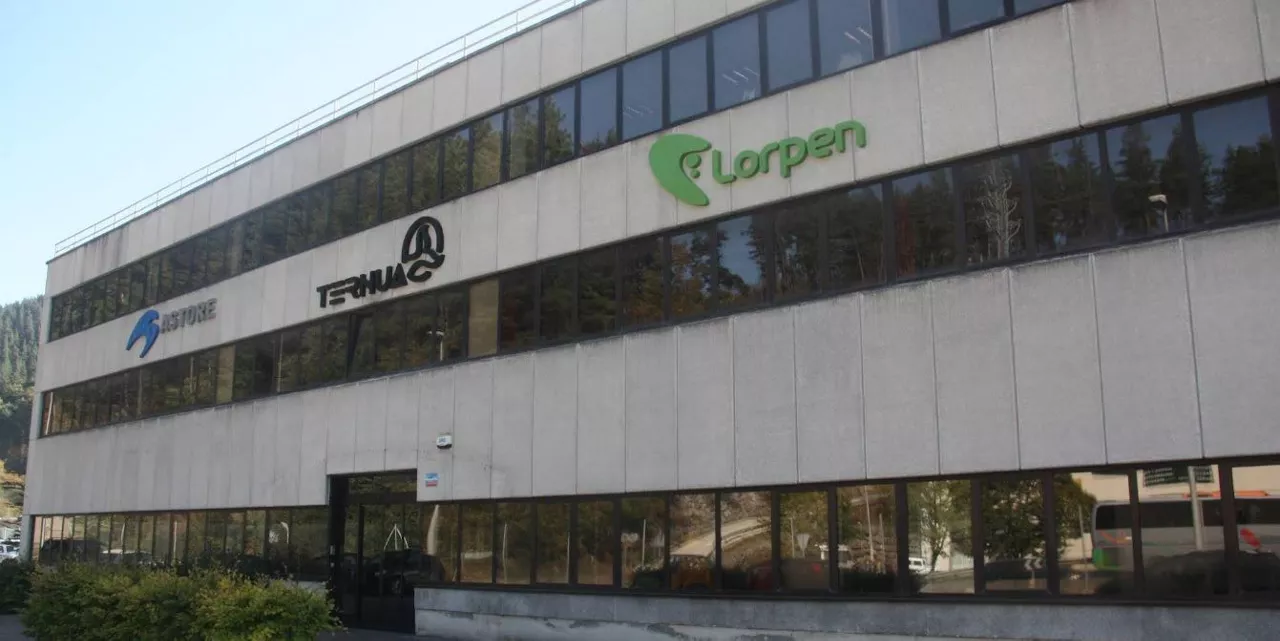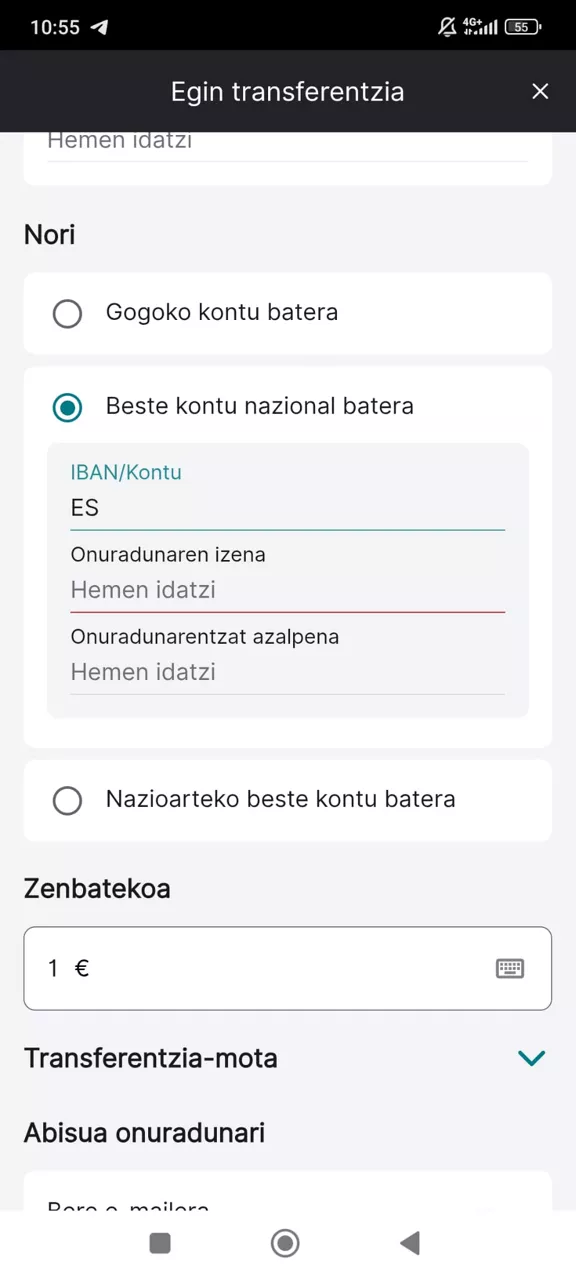The workers of the Villaves have supported the continuation of the strike in a very tight vote

The committee will make an assessment of what happened on Monday. The management has received the result with regret and has warned that it will not negotiate with the workers again until the stoppages are suspended.
The majority UGT and CCOOon the Workers' Committee had taken a stand in favour of supporting the final proposal and then voting on it at the request of the members, but ELA, LAB and ATTUhad expressed their opposition to the company's proposal and were calling for further mobilisation.
The Catalan company TCC, which has awarded bus service in the region of Pamplona, has been running Villavesa since 2009, and since then the number of users has increased considerably: 140,000 passengers per day. Unemployment affects 83,000 passengers a day.
The company's latest proposal included, on the other hand, the salary increase associated with the general CPI, the payment of arrears after the end of the previous agreement, the increase in the holiday and night allowance, the improvement of common contingency benefits and a fourth day of private affairs in 2026 and a fifth day in 2029, the annual working day being 1,658 hours, to which will be added improvements in the schedules affecting family reconciliation.
With this proposal, according to data provided by the company, drivers with new contracts would have a salary of more than 36,000 euros, an average of 40,000 euros, and a working week of less than 37 hours; they would exceed 30% of the salary of the provincial sectoral agreement and would have 100 hours less work.
More news in the economy

2.8% of Sabadell customers with shares in the bank have accepted the BBVA offer
These shareholders represent 1.1% of the capital of Banco Sabadell. The Bank of Catalonia has explained that small shareholders who are customers own 30.8% of the capital.

The Basque Finance Council confirms the smooth running of tax collection and forecasts an increase of 5.2% by 2026
The forecast is to raise tax revenue to $21,130 million by 2026, a growth that will strengthen investment capacity in the Basque institutions, according to the Council.

Basque youth emancipate themselves almost 30 years after the European average
According to the latest study by the Basque Youth Observatory, women are emancipated almost a year earlier than men.

El Gobierno Vasco fija los servicios mínimos para la huelga general del 15 de octubre
La orden, firmada por el Departamento de Trabajo y publicada este miércoles, establece las prestaciones esenciales que deberán mantenerse en sectores clave como sanidad, transporte, educación, servicios sociales, energía o justicia.

Joel Mokyr, Philippe Aghion eta Peter Howitt ekonomialariek irabazi dute 2025eko Ekonomiaren Nobel Saria
Suediako Zientzien Errege Akademiak hiru ekonomialari horiek saritu ditu "berrikuntzak bultzatutako hazkunde ekonomikoa azaltzeagatik".

The UPV Student Council has joined the general unemployment called for October 15 in support of Palestine
In a statement, the Student Council has explained that the call for an academic stoppage has been aimed at facilitating the cessation of violence and participation in demonstrations calling for the protection of the human rights of the Palestinian people.

The National Securities and Exchange Commission will publish the outcome of the BBVA offer on Friday
One of the consequences may be that the BBVA is forced to make a Sabadell Public Purchase Offer (PPE).

Mondragon Corporation's Diknua cooperative has paid $1.5 million for Newfoundland and will retain 56 jobs
The Commercial Court No. 1 of Donostia-San Sebastián has authorized the operation which will involve maintaining the 56 jobs of the company in the Basque Country, "respecting working conditions and seniority".

That's the new online fraud banking check
From now on, the bank will notify the user if the recipient's name and IBAN code do not match, as this measure is intended to nip in the bud the transfer fraud.

